40 Funny 60th Birthday Jokes and Quotes
Turning 60 is a big milestone. Why not celebrate with some laughs? We've gathered 40 funny jokes and quotes just for a 60th birthday party. These one-liners cover everything from aging gracefully ...

By Modern60
Last Updated on,
May 15th, 2025
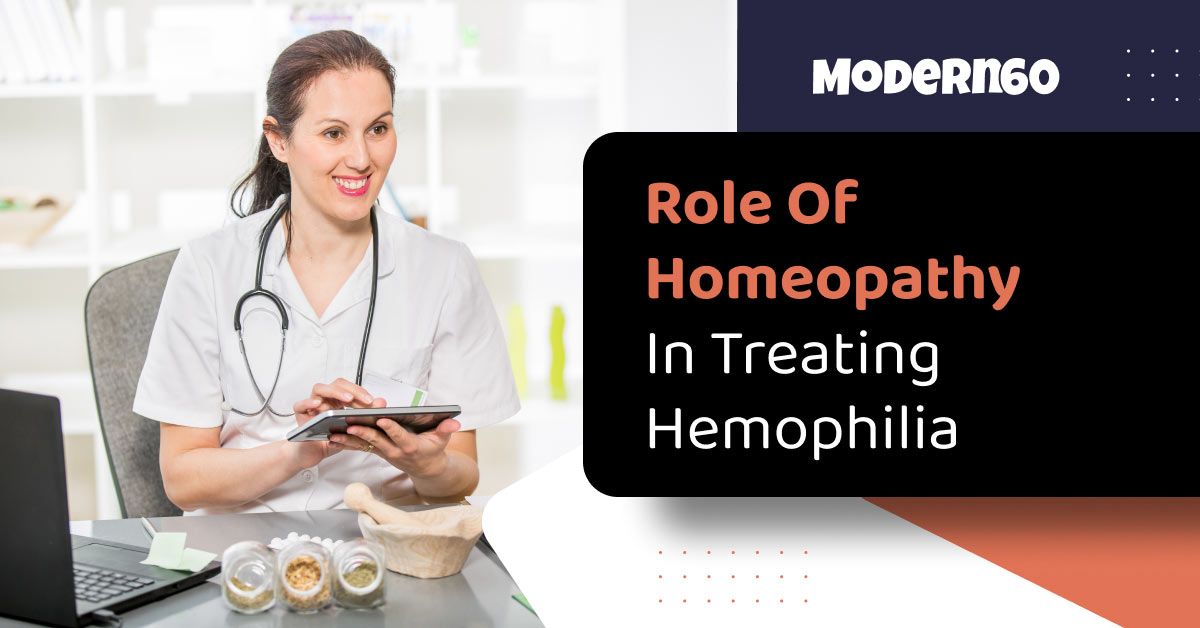
Hemophilia is a bleeding disorder caused by a lack of blood clotting proteins. This deficiency slows the clotting process, leading to more blood loss during accidents, injuries, and medical procedures. It is a genetic disorder that can be expensive to manage. Thus, many people turn to alternative or holistic approaches, such as homeopathy, to manage this condition. Here is how homeopathy may help in hemophilia treatment.
Several studies show the effectiveness of homeopathic remedies in managing moderate to severe hemophilia in conjunction with other treatment methods. In many cases, this may reduce the need to rely on clotting substances like factor VIII, lowering the cost of treatment.
Before prescribing any treatment, an experienced homeopath assesses an individual’s physical, intellectual, and emotional makeup, current symptoms, and medical history. Based on their observations, they may recommend one of the following lines of treatment:
It acts on internal or external bleeding immediately after a trauma or accident.
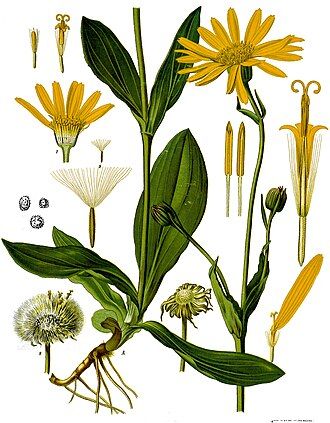
It is prescribed for those who are frail and have pale skin and weakness, which may cause them to faint easily.

It helps those experiencing muscle bleeding or when the blood appears thin and dark.
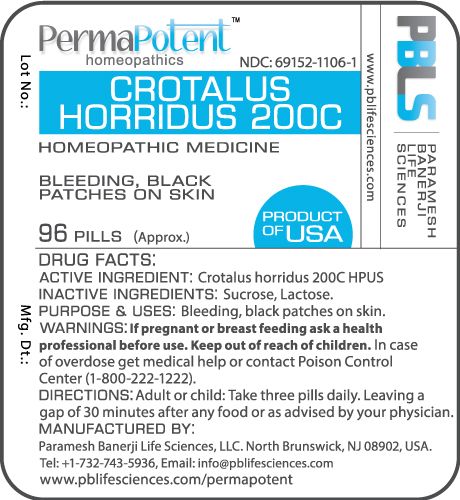
It treats bleeding caused by cuts, wounds, nosebleeds, hemorrhoids, or broken blood vessels.
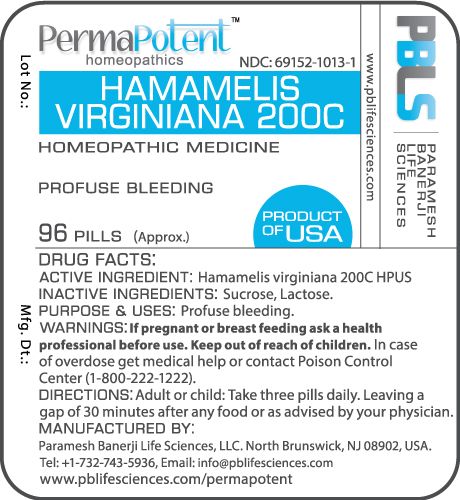
It is often prescribed in cases of heavy bleeding, which is dark in color—bluish or purplish.
It may be given to treat internal or external wounds during major bleeding episodes, such as unusual nosebleeds or hemoptysis.

It is prescribed to those who experience frequent and heavy bleeding. It may also be recommended for people experiencing chills or night sweats.
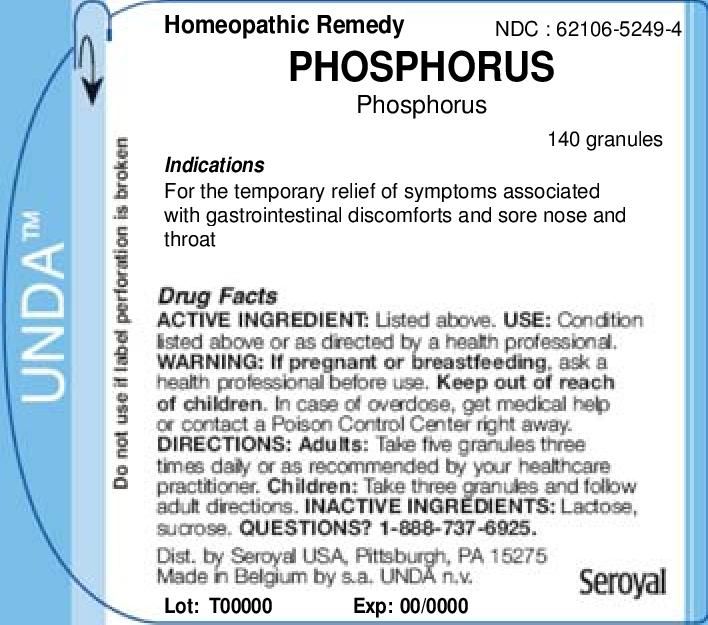
It is given in cases where the bleeding improves or worsens based on temperature.
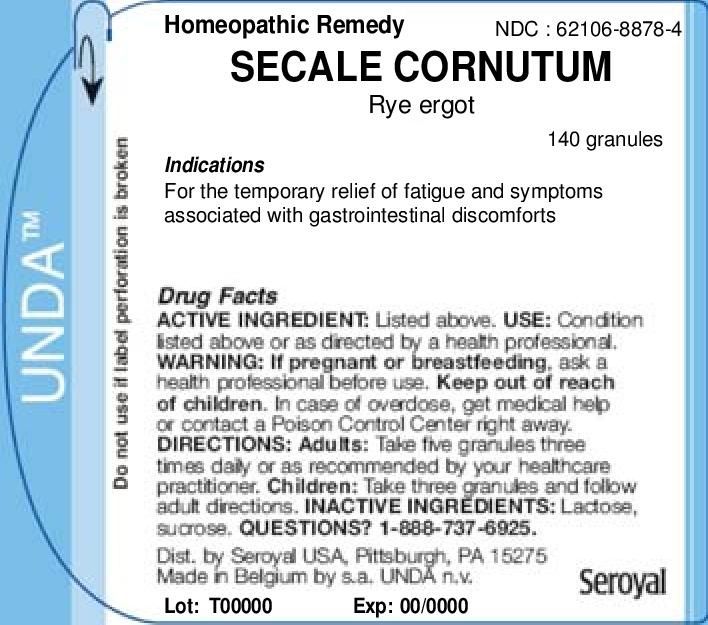
There is no cure for hemophilia. However, several ways can be used to manage the condition. One of the most popular is relying on factor VIII or IX replacement therapy.
Some people often choose to complement this plan with home remedies and alternative therapies, such as the following:
1. Supplements
Eating healthy is crucial to managing any disease. Hemophilia patients could benefit from iron-rich foods, whole grains, low-fat dairy products, and avoiding added sugars. Supplements such as vitamin E and fish oil must also be avoided, as they can prevent clotting and increase bleeding time. Instead, opt for supplements like vitamin K, which naturally has clotting properties. Always talk to the doctor before making any changes to the nutrition plan or taking new supplements, as they may interfere with formal treatment.
2. Ayurveda
Ayurveda is an ancient Indian holistic healing tradition. It believes in bringing balance to the mind, body, spirit, and environment. It is focused on healing the root cause of an ailment, often using naturally occurring herbs, shrubs, and trees. One can visit an Ayurveda specialist for more insights on formulating a holistic healing plan. Avoid taking any of the following herbs without the doctor’s recommendation, as they may worsen bleeding:
3. Healthy lifestyle
The following lifestyle changes can help one manage the symptoms of hemophilia:

4. Oral health
Good dental hygiene is vital to prevent tooth and gum diseases, which may increase the risk of bleeding. Taking care of one’s oral health is recommended by brushing twice daily, flossing daily, and avoiding foods containing excessive starch or sugar. Visit a dentist for routine cleanings at least twice a year.
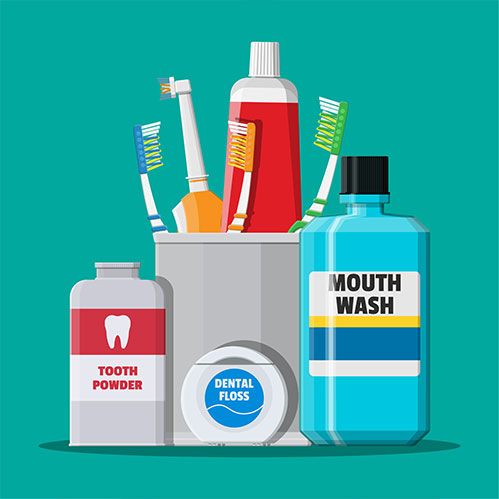

The Editorial Team at Modern60 is a group of highly skilled professionals with diverse backgrounds in journalism, content creation, editing, and digital media. They bring a wealth of experience and expertise to ensure that every piece of content meets our strict editorial guidelines and quality standards. The team is dedicated to delivering accurate, well-researched, and engaging content across various subjects, including health, wellness, lifestyle, and current events. With their commitment to upholding the highest standards of journalism and content creation, the Modern60 Editorial Team is the driving force behind our mission to empower and inspire our readers.


Unlock expert insights and tips with our exclusive ebook. Enter your email to get your free copy.
Please check your email for a welcome message from Modern60. If it's not in your inbox, kindly check your spam or junk folder
There are no comments yet